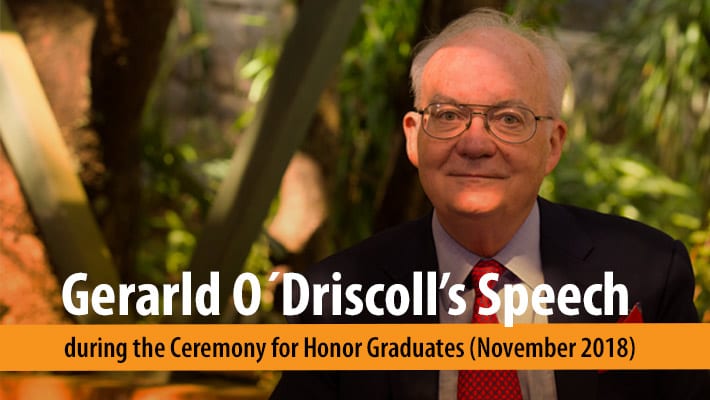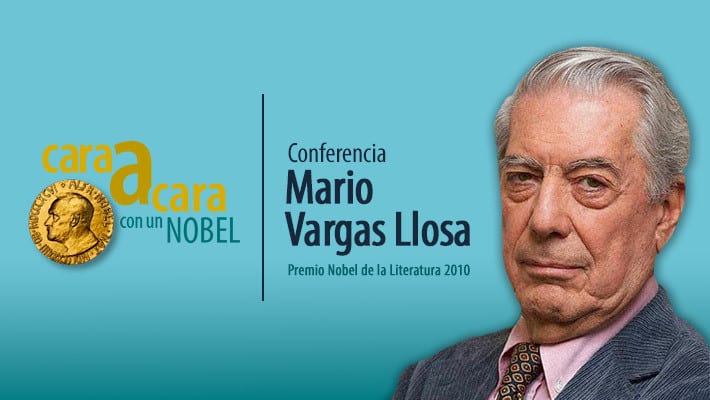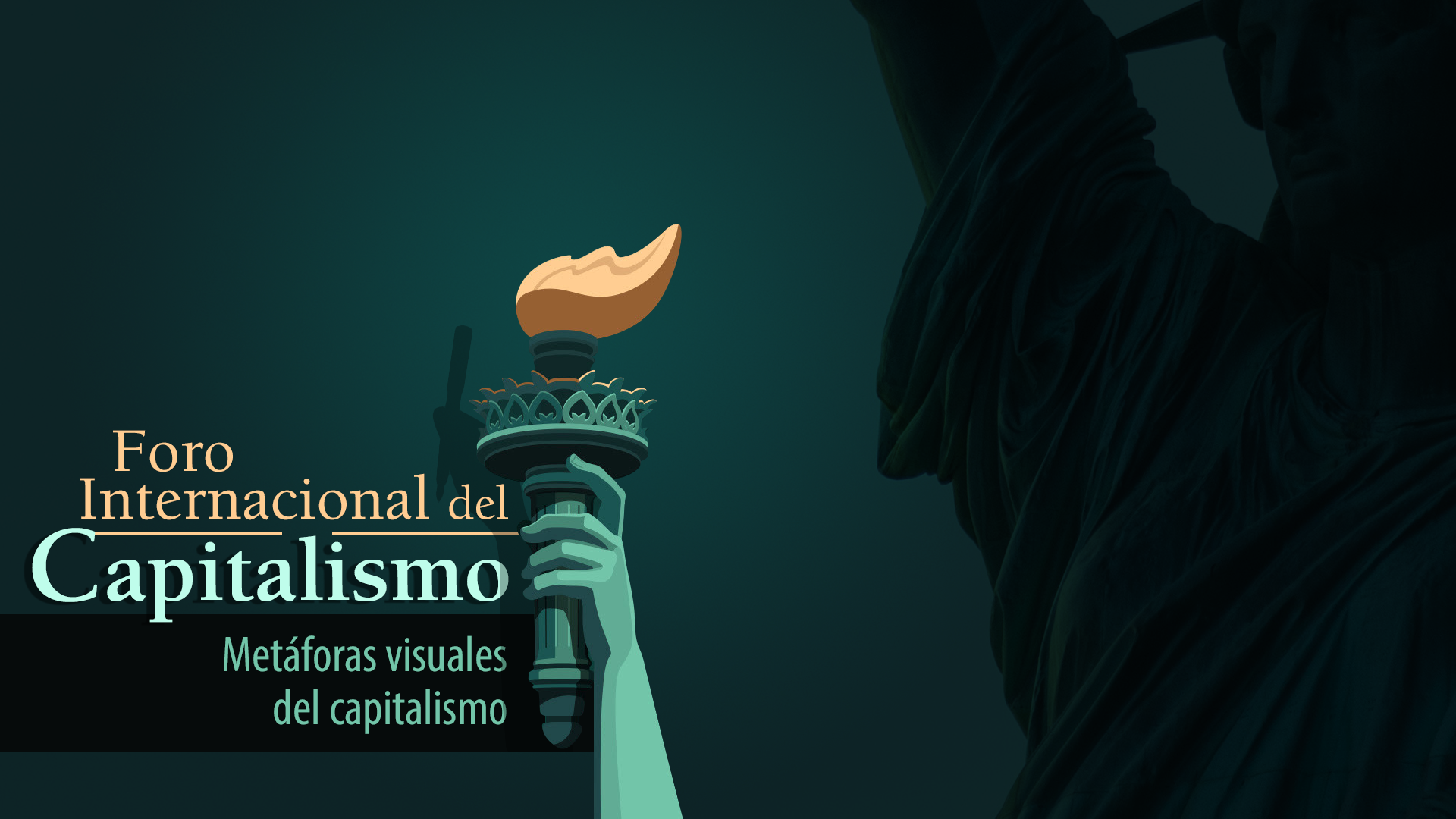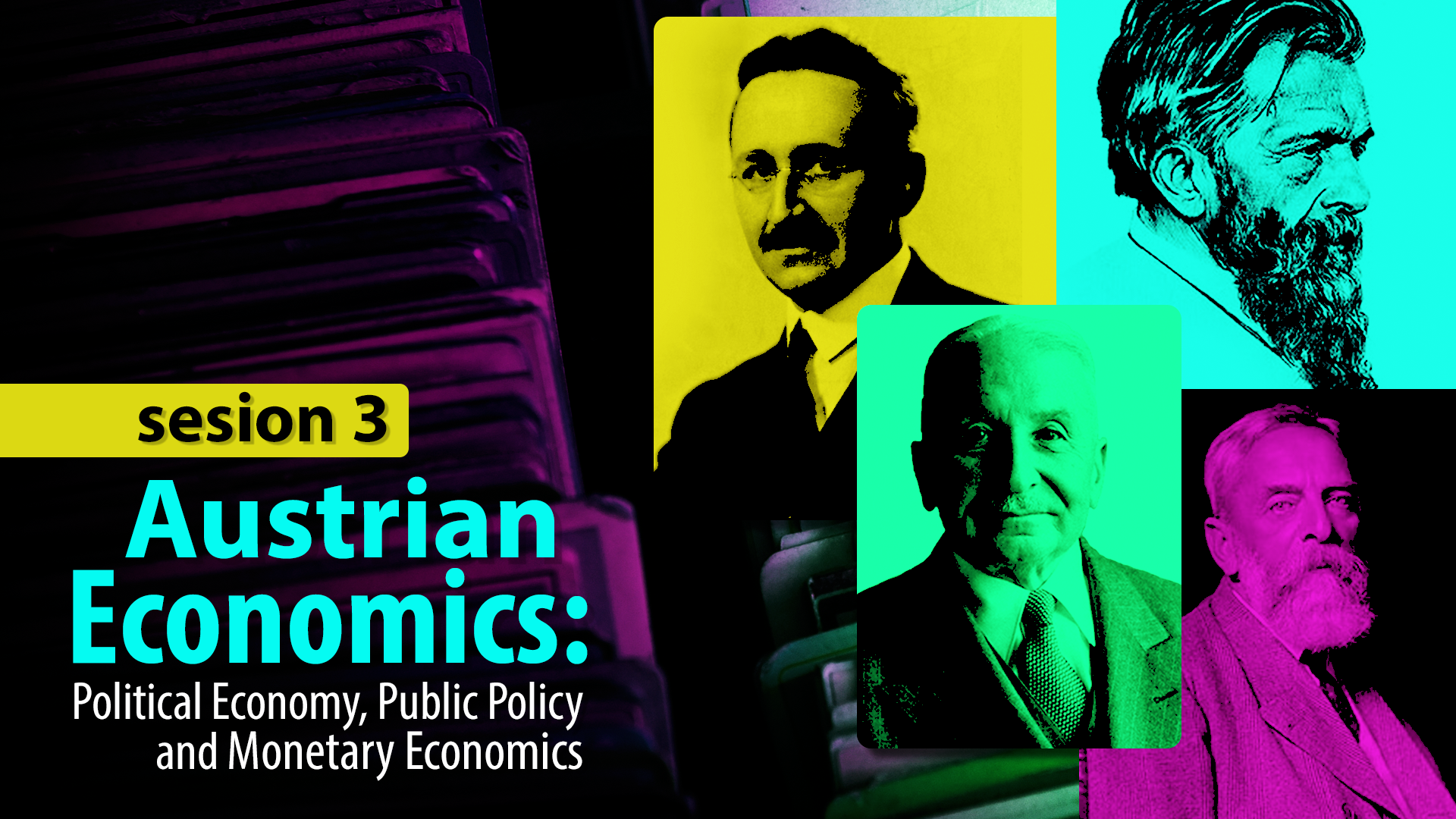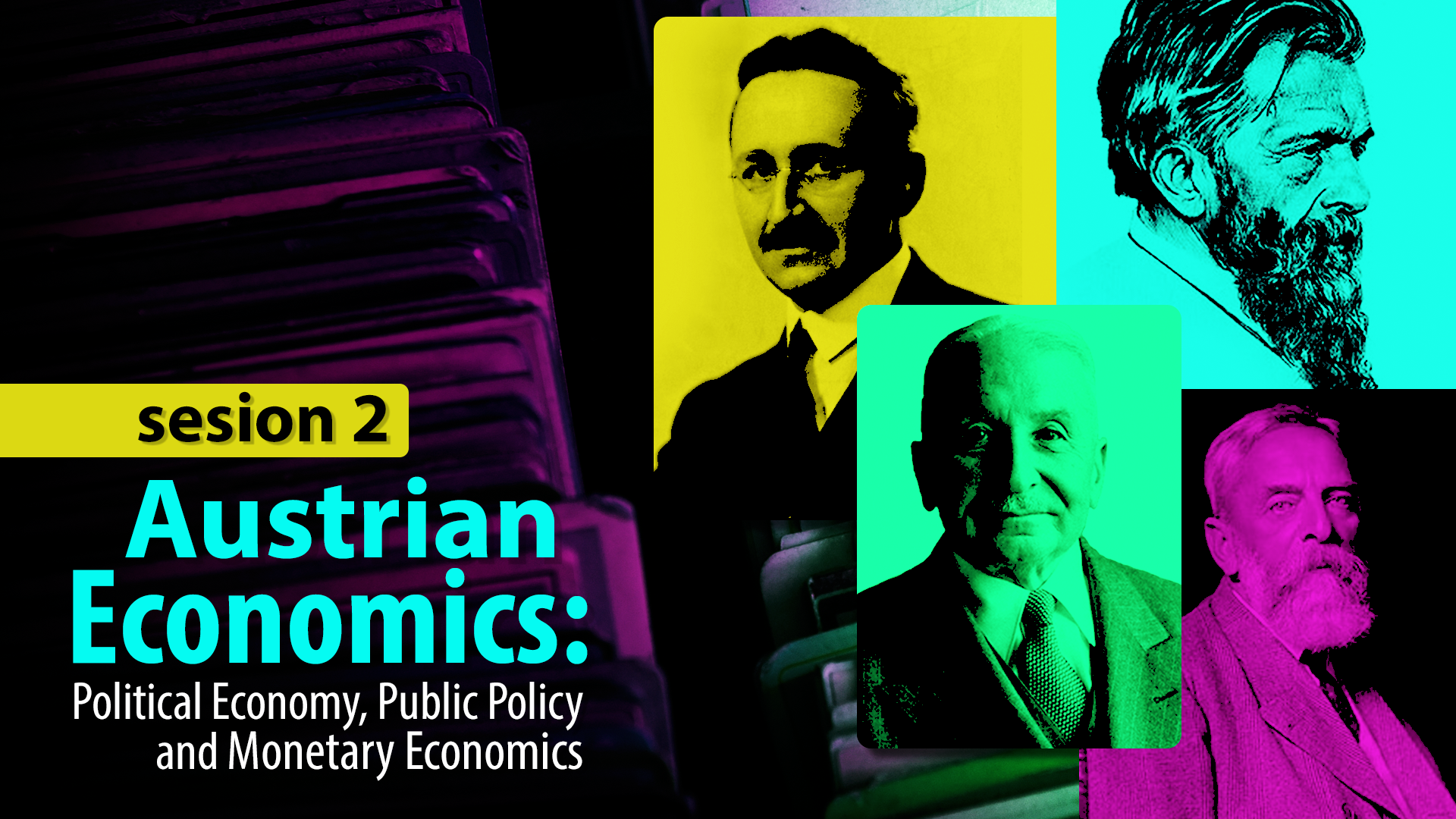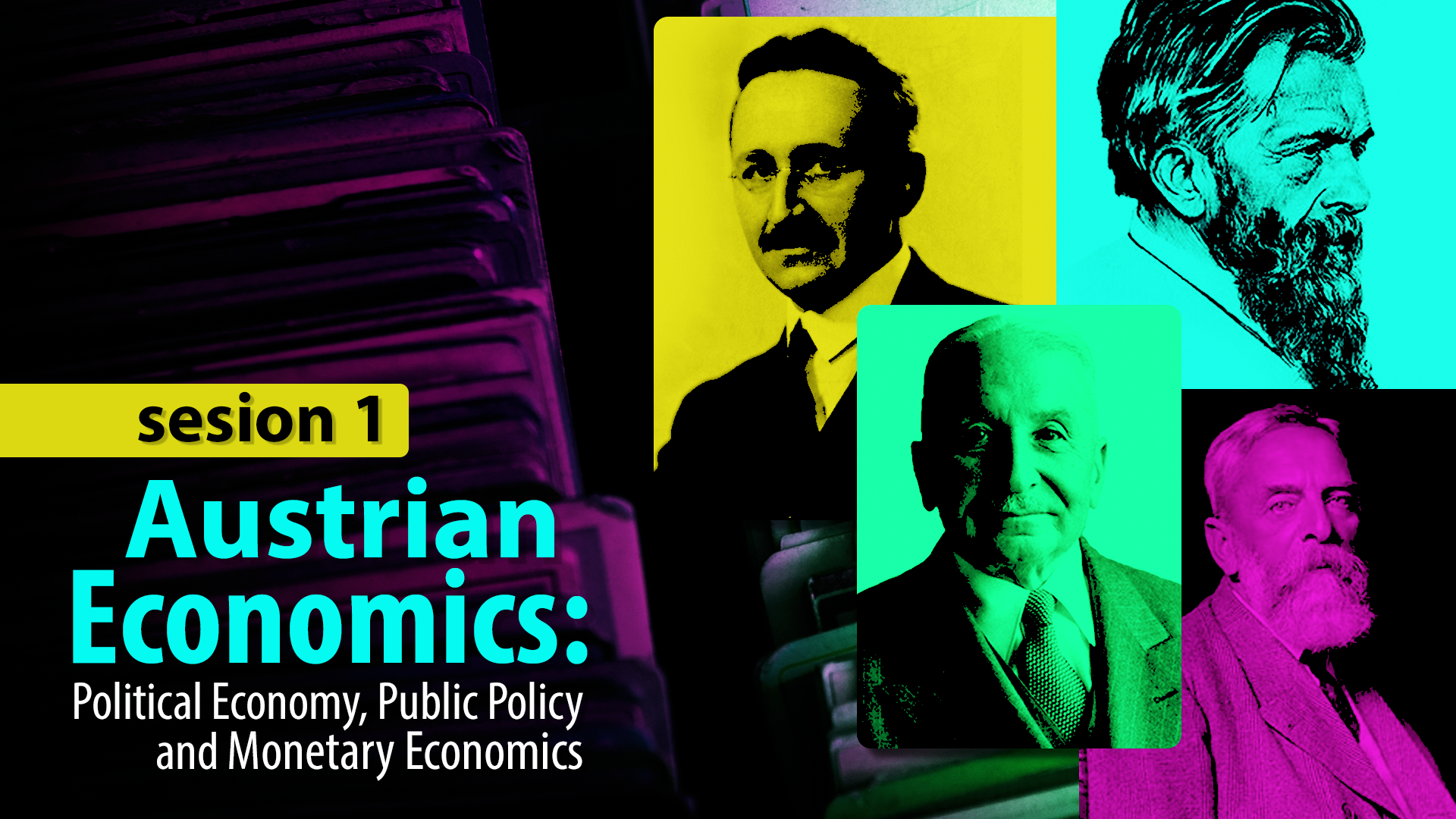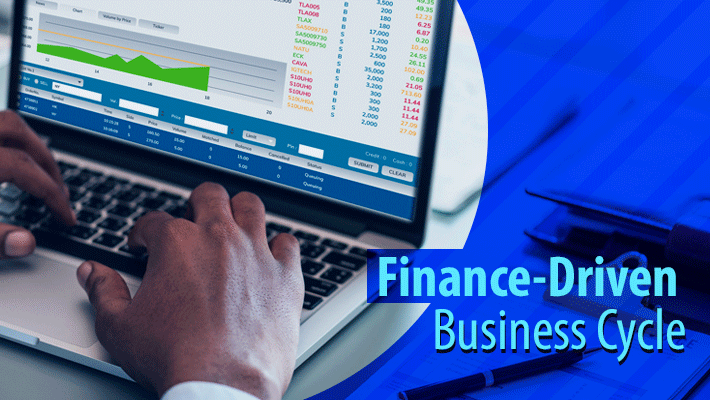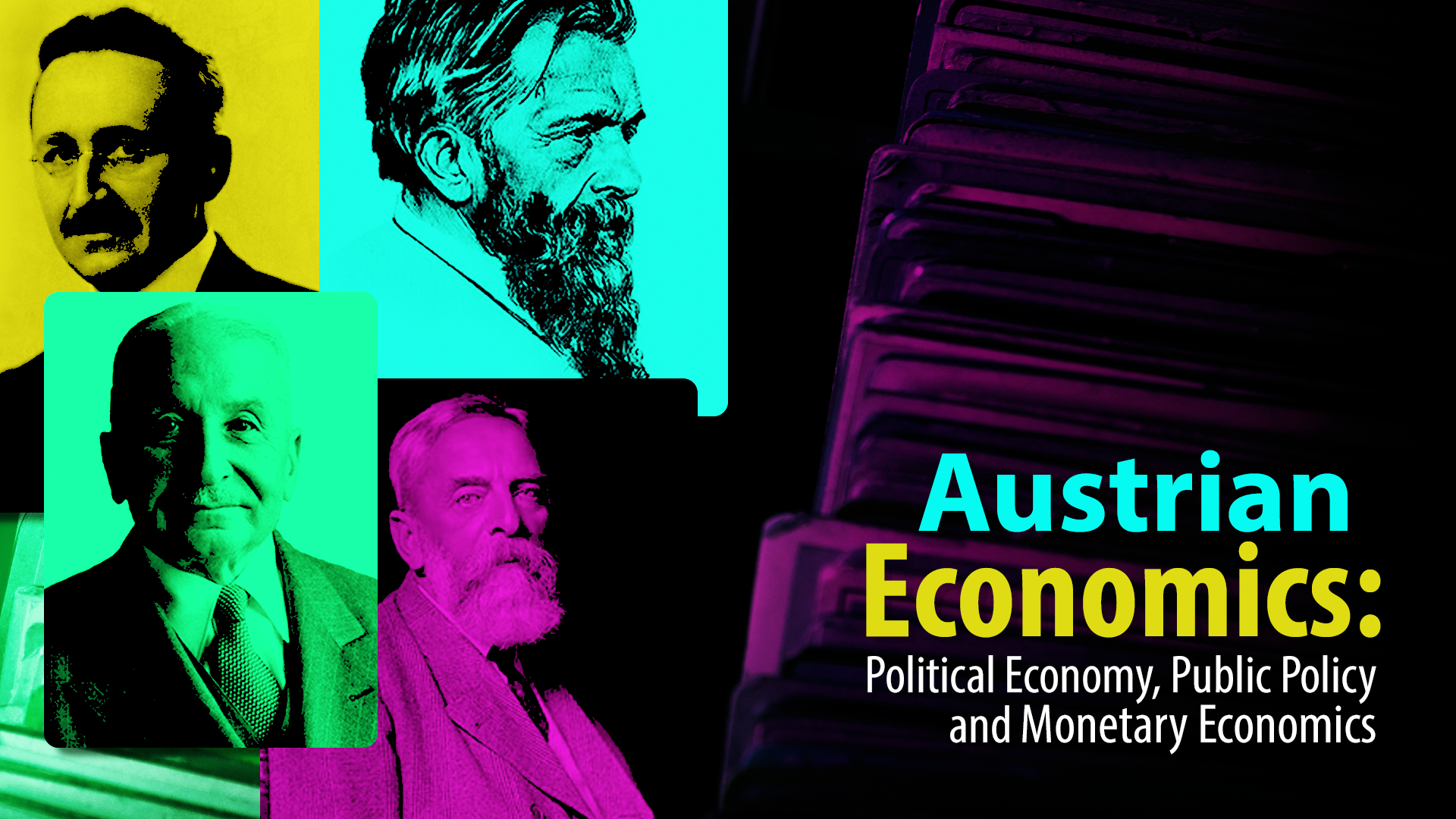Cómo hubiera visto Henry Hazlitt la situación en Venezuela
Venezuela ha caído en las garras del socialismo afirma el periodista José Carlos Rodríguez, quién desde la perspectiva de Henry Hazlitt, hace un análisis de la situación política y económica en la que se encuentra ese país. Explica que para poder comprender lo que sucede en Venezuela, es necesario hablar de su trayectoria a partir […]



